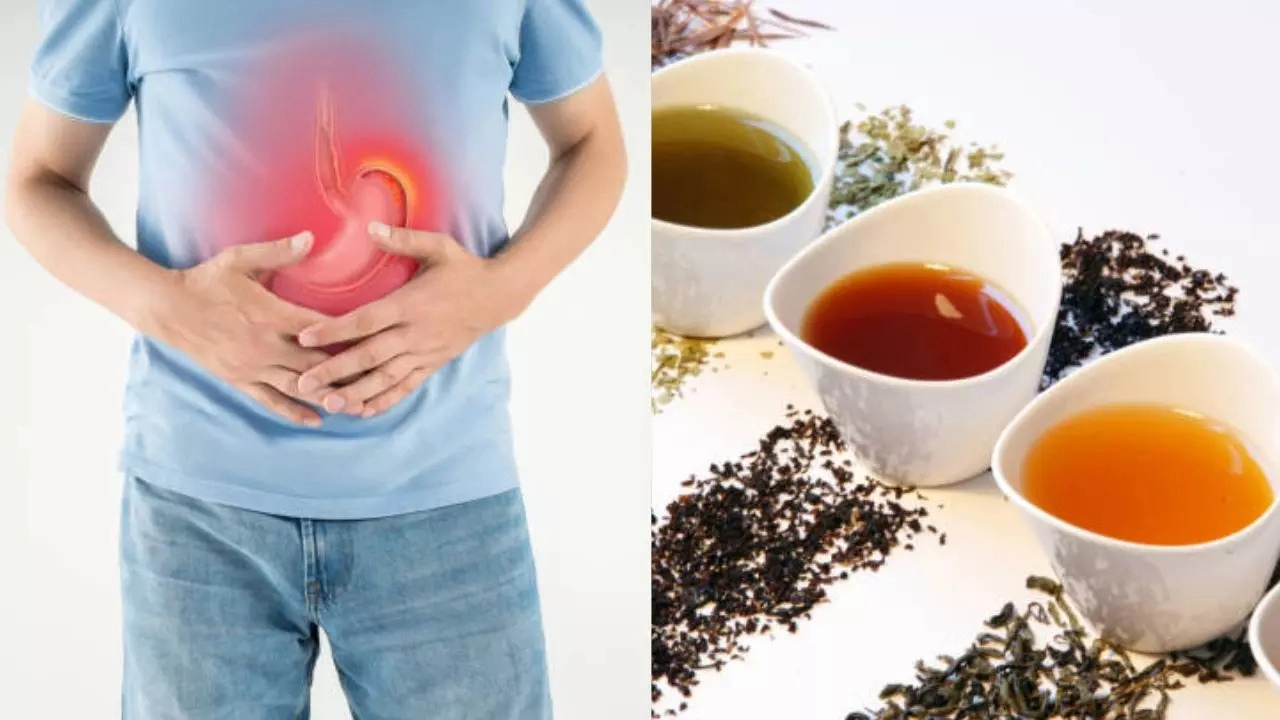
Feeling Bloated? Gastroenterologist Shares Instant Remedies For Better Digestive Health (Image Credits: iStock)
A bloated stomach is commonly described as a feeling of tightness, pressure, or fullness in the abdomen, which may or may not be accompanied by a visibly swollen belly. But why do we experience bloating? The primary cause of stomach pain and bloating is often excess intestinal gas. If you frequently feel bloated after eating, this could be due to a digestive issue. It may stem from eating too quickly or could indicate a food intolerance or other condition that leads to gas build-up in the digestive tract.
How Common is Stomach Bloating?
Dr Sushrut Singh, Additional Director – Gastroenterology, Fortis Hospital, Noida shares that bloating affects a significant number of people: between 10 per cent and 25 per cent of otherwise healthy individuals report occasional abdominal bloating, and about 75 per cent of them describe their symptoms as moderate to severe. Roughly 10 per cent experience it regularly. Among those diagnosed with irritable bowel syndrome (IBS), bloating can affect up to 90 per cent.
What Causes Stomach Bloating?
Gas
Gas is a natural byproduct of digestion, but excessive intestinal gas can indicate a disruption in digestive function. While some gas is swallowed through air or carbonated drinks and expelled via belching, most intestinal gas is produced by gut bacteria during the digestion of carbohydrates, a process called fermentation. Common causes of gas-related bloating include:
- Carbohydrate Malabsorption: Certain carbohydrates (like lactose, fructose, and those found in wheat and beans) can be challenging for some to digest.
- Small Intestinal Bacterial Overgrowth (SIBO): This occurs when bacteria normally confined to the colon overflow into the small intestine, potentially causing bloating.
- Functional Digestive Disorders: Conditions like IBS and functional dyspepsia can impair digestion.
- Visceral Hypersensitivity: Some people feel gassy and bloated even when their gas volume is normal.
- Constipation: When stool remains in the colon, recently digested food may linger in the intestines, leading to bloating.
- Bowel Obstructions: Obstructions due to tumors, scar tissue, strictures, or inflammatory diseases (e.g., Crohn’s disease or diverticulosis) can block the passage of digestive contents, causing bloating.
Home Remedies and Lifestyle Changes for Reducing Bloating
Dr Singh explains that long-term relief from bloating depends on addressing the root cause, which may require a professional diagnosis. For immediate or preventative measures, try these home remedies:
- Herbal Teas: Peppermint, chamomile, ginger, turmeric, and fennel teas can aid digestion and reduce gas.
- Peppermint Oil Capsules: Act as a natural antispasmodic to relax intestinal muscles.
- Antacids: Help reduce inflammation and ease gas passage.
- Magnesium Supplements: Neutralize stomach acid and relax intestinal muscles.
- Probiotics: Help balance gut bacteria, aiding digestion and gas absorption.
- Psyllium Husks: A fibre supplement that promotes regular bowel movements (take it with water).
- Exercise: Regular physical activity, especially core-strengthening exercises, can reduce abdominal bloating.
- Stress Reduction: Try relaxing techniques like meditation, deep breathing to reduce stress.
- Adequate Sleep: 7-8 hours of restful sleep.
- Avoid Unhealthy Habits: Reduce or avoid smoking, alcohol, fast food, carbonated drinks, processed foods, and refined sugars.
Get Latest News Live on Times Now along with Breaking News and Top Headlines from Diet, Health and around the world.

